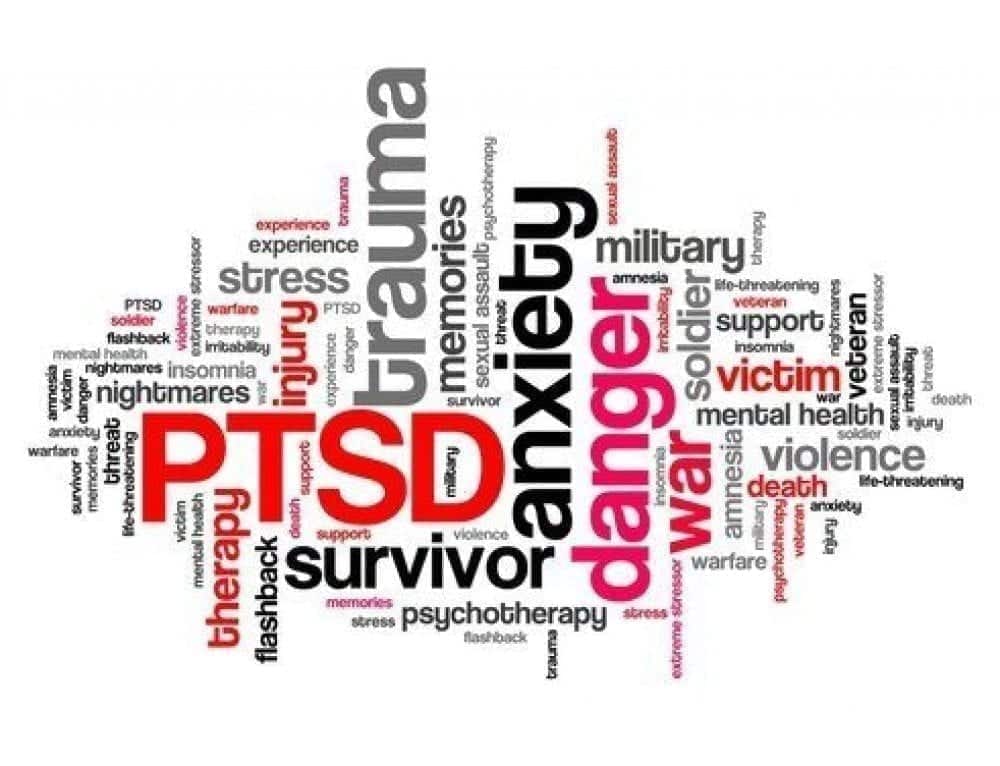
If you are having mental health symptoms after a car accident, read on for information about PTSD after a car accident. We represent car accident victims in North Carolina and do not get paid unless you win. Call us for a free case evaluation!
This post is not offered as medical advice regarding post-traumatic stress disorder. If you are having mental health symptoms after your car accident injury, please seek treatment.
PTSD After Car Accident Injuries
Car accidents are unexpected and unwelcome intruders in our daily lives. Even accidents that do not seem major can result in some form of psychological distress. Regret, shock, anger, and fear are all possible reactions to an accident. After a traumatic experience, most people have acute stress disorder (ASD) which usually goes away in a few weeks. But for some, the trauma of being injured in an accident leaves them with recurrent symptoms that last much longer.
When you think of post traumatic stress disorder, you may think of veterans who have been involved in combat but any traumatic event can cause PTSD , especially a car accident. According to the V.A., studies of the general population have found that approximately 9% of motor vehicle accident survivors develop PTSD. If a fellow passenger was harmed in the accident, this increases the risk of developing PTSD (via NIH ). MVA survivors can have a difficult time dealing with the death of their fellow car accident victims.
PTSD symptoms include nightmares, flashbacks, feeling afraid when danger is not present, avoidance of anything that reminds one of the trauma, inability to sleep, or having anger outbursts (per NIMH ). Not surprisingly, PTSD symptoms seem related to chronic pain from the physical injury of the traumatic event (via NCBI ). In addition to PTSD, survivors can also develop vehophobia after serious injury in a motor vehicle accident.
If you are experiencing the above symptoms after an accident, talk to your doctor as soon as possible to determine if further treatment is needed (be sure to let your doctor know if your symptoms have lasted longer than a month). Risk factors for PTSD include having other mental disorders (like depression or anxiety) or having a traumatic experience in childhood.
Mental Health Treatment for PTSD
Treatment for PTSD usually involves psychotherapy (behavioral or cognitive), medications, and pain management (since PTSD seems to be related to chronic pain). Exposure therapy can be helpful for some while simply talking about the distress can help others. Medication for PTSD often includes medications used for depression or to reduce anxiety, but a mental health professional may try a combination of therapies to help a accident victim.
Can you recover the cost of car accident related mental health treatment?
In NC, Personal Injury Law allows a victim to recover their accident related medical bills, including mental health treatment. The victim can also recover lost wages and pain & suffering. But, NC is a contributory negligence state, which means that you must not be at fault for the accident in order to recover your loses. Most states use comparative negligence which is more friendly to car crash victims.
Unfortunately, an insurance company may not want to pay for mental health treatment, but let's face it, insurance companies make money off premiums, not paying claims. Hiring a NC Personal Injury Attorney that handles car accidents can help ensure that the insurance company covers all your medical expenses, including mental health treatment for your PTSD.
The Bishop Law Firm represents car victims of auto accidents in Raleigh, Cary, Durham, Rocky Mount, Wilson, Fayetteville, Smithfield, Louisburg, Chapel Hill, Roanoke Rapids and more!
Also read NC Car Accident Lawyer

